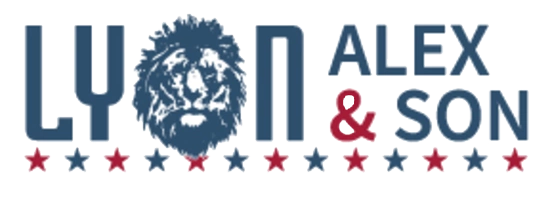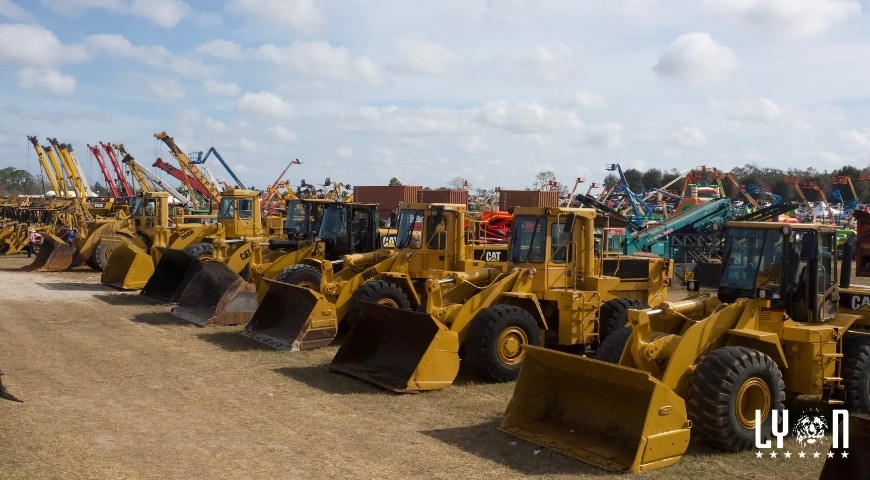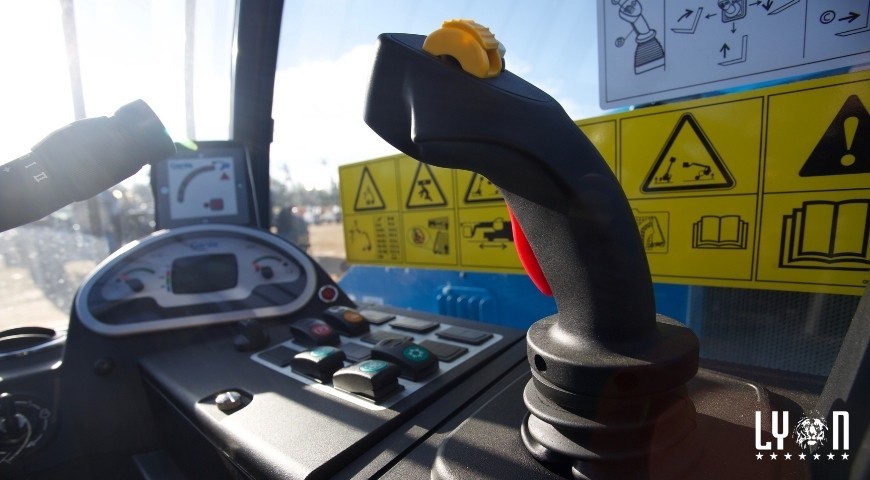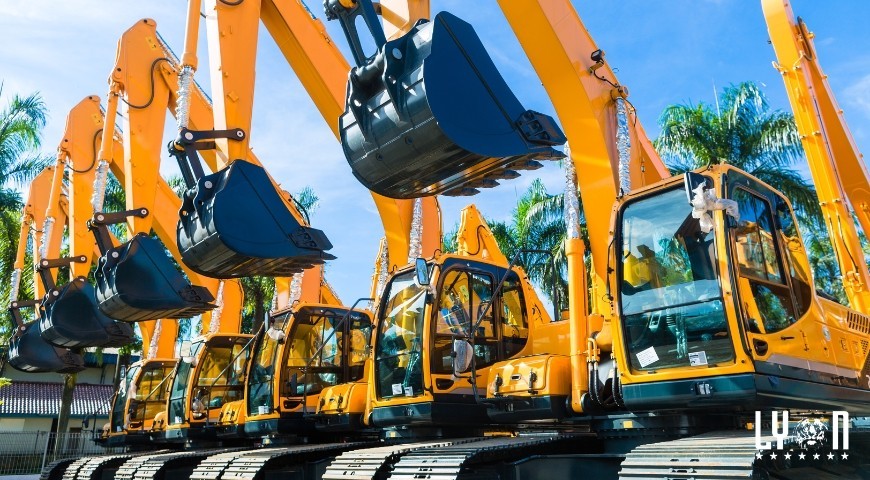If you’re considering buying, leasing or renting heavy machinery, it’s essential to weigh the pros and cons of each transaction method carefully. Explore the advantages and disadvantages of different heavy equipment transactions to help you make informed decisions at equipment auctions.
Buying heavy equipment
Pros
The pros of buying heavy machinery for your jobs are ownership, flexibility and tax benefits. When you buy large construction equipment, you own a tangible asset with the potential for long-term value. You also have the freedom to customize, modify and use the equipment as needed. Depending on your location and tax laws, you may be eligible for tax deductions or incentives for equipment depreciation.
Cons
When buying heavy machinery, you will have to handle a higher initial cost, maintenance responsibility and depreciation. Purchasing heavy equipment typically requires a substantial upfront investment. You’re also responsible for all maintenance, repairs and associated costs. Equipment values may depreciate over time, affecting your asset’s resale value.
Leasing heavy machinery
Pros
Leasing heavy equipment has a lower initial cost, maintenance is included, and there are tax benefits. Leasing often involves lower upfront costs compared to buying. Some leases include maintenance and repair services, reducing your maintenance burden. Lease payments may be tax-deductible as operational expenses.
Cons
However, you do not own the equipment, and you may experience longer-term costs. There is also limited customization or modifications available for leased equipment. Leasing means you don’t own the equipment, and it may not build equity. Over the long run, leasing may cost more than buying, considering the recurring lease payments.
Renting large construction equipment
Pros
Renting gives you cost savings, comes with maintenance and gives you access to specialized equipment. Renting is cost-effective for short-term or occasional equipment needs. Many rental agreements also cover maintenance and repairs. You can access specialized equipment without a long-term commitment.
Cons
The cons are that you have no ownership, there is limited availability, and rental costs do add up. Renting does not provide ownership or potential asset value. During peak seasons or high-demand periods, rental equipment may be scarce. Over extended periods, rental costs can surpass the price of ownership or leasing.
Hybrid approaches
Some businesses adopt hybrid approaches, combining ownership, leasing and renting as needed. This provides flexibility to match equipment acquisition with specific project demands. For instance, a company may own its core fleet of equipment for ongoing operations but opt to rent specialized machinery for short-term projects. The advantage lies in tailoring the approach to individual requirements, optimizing costs and maximizing equipment utilization.
What to consider
Think about your company’s financial position, usage frequency, long-term goals, maintenance capabilities and tax implications. Start by evaluating your financial capacity, including available capital and budget constraints. Then, determine how often you’ll use the equipment. Frequent use may favor ownership, while occasional use may lean toward renting.
Also, consider your business’s long-term objectives and whether equipment ownership aligns with them. Assess your ability to handle maintenance and repairs in-house. You may also want to consult with financial advisors or accountants to understand the tax implications of each transaction type.
Purchase from Lyon’s equipment auctions
Deciding on the best approach for heavy equipment transactions involves weighing the pros and cons. Whether you choose to buy, lease, rent or adopt a hybrid strategy, align your decision with your specific needs, financial situation and long-term goals to maximize the value of your heavy equipment investments. Purchasing from an auction versus a dealership also has its benefits. Contact us today to learn more about our equipment auctions!




